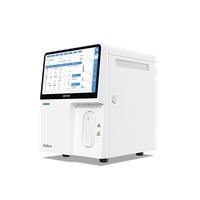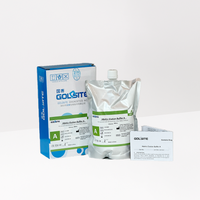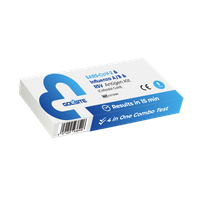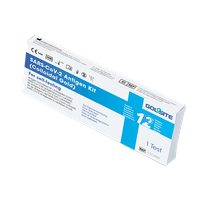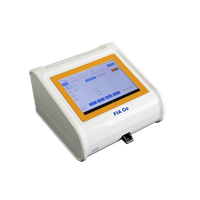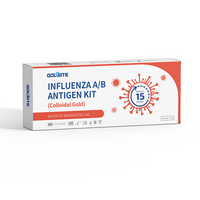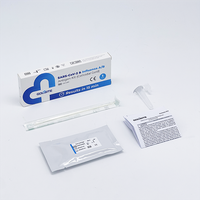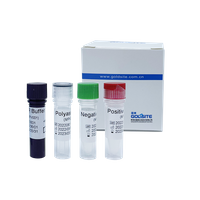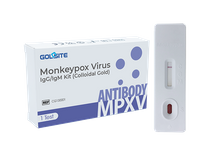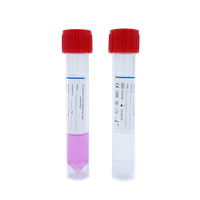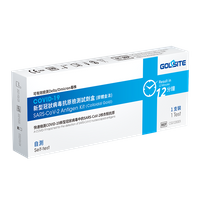- All
- Product Name
- Product Keyword
- Product Model
- Product Summary
- Product Description
- Multi Field Search

loading
The term HbA1c refers to glycated haemoglobin. It develops when haemoglobin, a protein within red blood cells that carries oxygen throughout your body, joins with glucose in the blood, becoming ‘glycated’.
By measuring glycated haemoglobin (HbA1c), clinicians are able to get an overall picture of what our average blood sugar levels have been over a period of weeks/months.
For people with diabetes this is important as the higher the HbA1c, the greater the risk of developing diabetes-related complications.
HbA1c is also referred to as haemoglobin A1c or simply A1c
In 1993, the American Association for Clinical Chemistry (AACC) formed a Subcommittee on Glycohemoglobin Standardization as the methods in existence for the measurement of HbA1c all yielded widely varying results. The National Glycohemoglobin Standardization Program (NGSP) was formed in July 1996 to standardise HbA1c methods so that HbA1c results from different laboratories would be comparable to those reported in the DCCT study. The NGSP standardisation of HbA1c methods has been adopted by many countries including the USA, Canada, Mexico, South America, most European Countries and most Asian Countries.
HbA1c Assay on GPP-100 has been certificated by NGSP, marked its adaptation of global standard criteria.

Nephelometry has become the main method for performing protein tests, measuring the turbidity of a sample to determine the level of analyte; the difference is that immunoturbidimetric tests measure the absorbance of light by the sample whereas nephelometric tests measure the light scattered at a fixed angle.
GPP-100 Specific Protein Analyzer testing provides numerous advantages, most notably it offers lower laboratory costs, lower consumable costs, no need highly trained personnel, and are able to perform a wide range of assays.
GPP-100 is a routine clinical analysers designed for hospital, small and medium lab, clinics, thus offering test consolidation; consolidation of tests on one single platform offers improved laboratory efficiency, versatility, rapid testing and cost-savings.
Parameters :hsCRP,HbA1c,mALB,D-Dimer,ASO,RF,C3,C4 etc.can be extended to more than 30 parameters.
IFCC is a leading organization in the field of Clinical Chemistry and Laboratory Medicine worldwide.
GPP-100 is a certified Specific Protein Analyzer by IFCC.
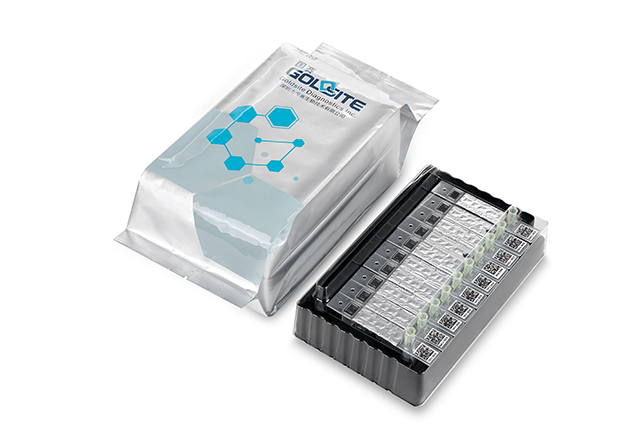
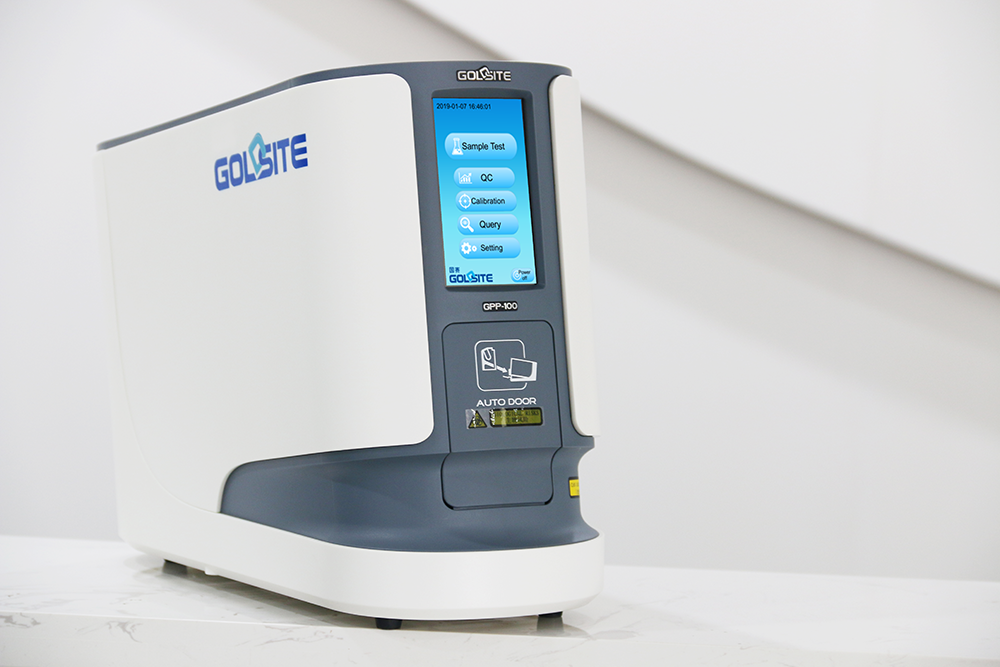
The term HbA1c refers to glycated haemoglobin. It develops when haemoglobin, a protein within red blood cells that carries oxygen throughout your body, joins with glucose in the blood, becoming ‘glycated’.
By measuring glycated haemoglobin (HbA1c), clinicians are able to get an overall picture of what our average blood sugar levels have been over a period of weeks/months.
For people with diabetes this is important as the higher the HbA1c, the greater the risk of developing diabetes-related complications.
HbA1c is also referred to as haemoglobin A1c or simply A1c
In 1993, the American Association for Clinical Chemistry (AACC) formed a Subcommittee on Glycohemoglobin Standardization as the methods in existence for the measurement of HbA1c all yielded widely varying results. The National Glycohemoglobin Standardization Program (NGSP) was formed in July 1996 to standardise HbA1c methods so that HbA1c results from different laboratories would be comparable to those reported in the DCCT study. The NGSP standardisation of HbA1c methods has been adopted by many countries including the USA, Canada, Mexico, South America, most European Countries and most Asian Countries.
HbA1c Assay on GPP-100 has been certificated by NGSP, marked its adaptation of global standard criteria.

Nephelometry has become the main method for performing protein tests, measuring the turbidity of a sample to determine the level of analyte; the difference is that immunoturbidimetric tests measure the absorbance of light by the sample whereas nephelometric tests measure the light scattered at a fixed angle.
GPP-100 Specific Protein Analyzer testing provides numerous advantages, most notably it offers lower laboratory costs, lower consumable costs, no need highly trained personnel, and are able to perform a wide range of assays.
GPP-100 is a routine clinical analysers designed for hospital, small and medium lab, clinics, thus offering test consolidation; consolidation of tests on one single platform offers improved laboratory efficiency, versatility, rapid testing and cost-savings.
Parameters :hsCRP,HbA1c,mALB,D-Dimer,ASO,RF,C3,C4 etc.can be extended to more than 30 parameters.
IFCC is a leading organization in the field of Clinical Chemistry and Laboratory Medicine worldwide.
GPP-100 is a certified Specific Protein Analyzer by IFCC.


We offer
